No products in the cart.
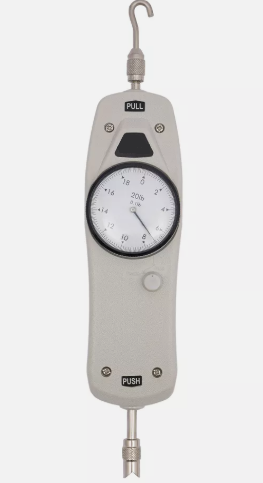
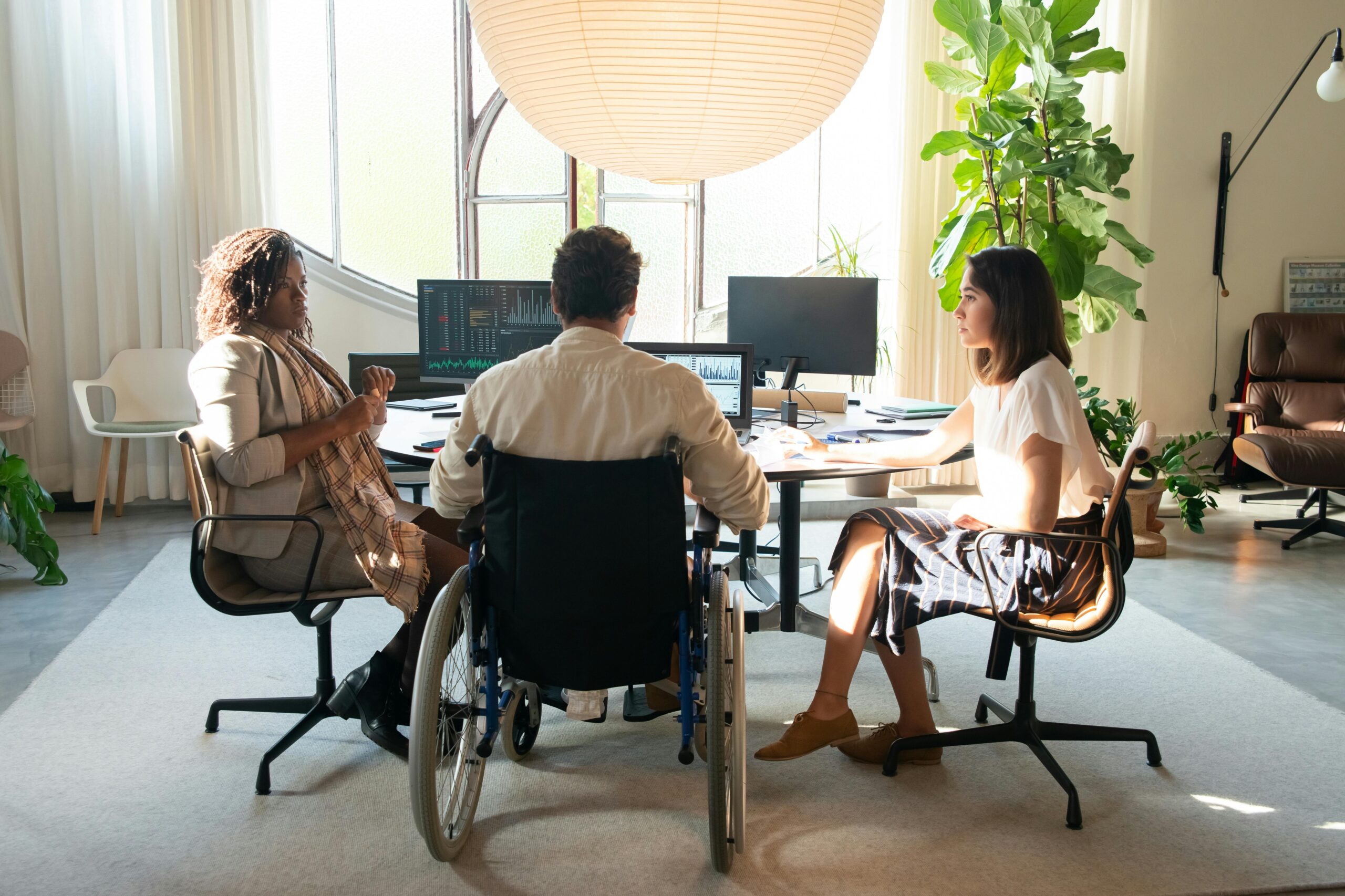
For an organization to thrive, there needs to be a foundation of healthy relationships among employees. But when it comes to building a relationship with employees with disabilities, it requires awareness, empathy and a commitment to ensuring they have access to facilities and opportunities just like everyone else.
People with disabilities also want to feel valued, respected and included in the workplace. However, some employees without disabilities may feel unsure about how to relate with their colleagues in a way that is supportive rather than discriminatory or even patronising. Well, the solution is to treat them as individuals first while also recognizing and accommodating their special needs.
This article will explain more about how you can build strong relationships with employees with disabilities in your workplace. Read on:
One of the most important things you can do is to understand that person’s disability doesn’t make them any less of a person – it does not define them. They are similar to other employees, having their unique strengths, skills and personalities. Instead of focusing on what they can’t do, focus on what their talents are and what they bring to the table. If you don’t know how to go about interacting with a colleague with a disability, don’t overthink it. Treat them with the same level of respect and professionalism as you would any other co-worker. If their disability requires accommodations, allow them to explain what they want rather than making assumptions.
The key to any good relationship is effective communication. This can be extrapolated to your relationship with colleagues with disabilities. When speaking with them, be mindful of your tone and language. Ensure you don’t cut across as condescending or pitying. If you’re unsure about how to approach a situation such as whether to offer assistance- just ask. Asking them first gives them the power to decide without making them feel incapable.
The best workplace relationships are built on trust and shared experiences. Take the time to get to know your colleagues with disabilities beyond their professional roles. You can join them for lunch, invite them to team outings and engage in conversations about mutual interests. Small gestures such as inviting them to an office party and making it accessible can make a big difference. When employees with disabilities feel included in both the professional and social aspects of work, it strengthens relationships.
If you notice that a colleague with a disability is being excluded or being mistreated in the workplace, don’t stay silent. Being an ally means advocating for fair treatment and calling out bad behaviours that don’t support inclusivity. A workplace where everyone feels valued, regardless of ability, is a workplace where everyone thrives. You can create a culture of belonging by building a respectful and supportive workplace environment and advocating for ADA knee clearance where necessary.
At the end of the day, fostering good workplace relationships with employees with disabilities isn’t about treating them differently, it’s about treating them with the same respect, dignity and kindness that’s appropriate for everyone.
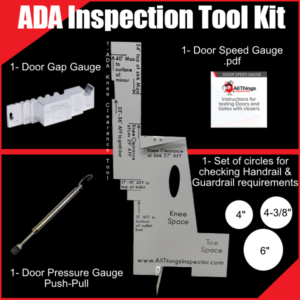
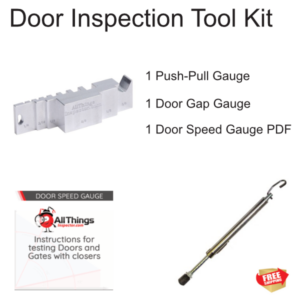

Measuring door pressure is acting in compliance with building regulations, like the Americans with Disabilities Act (ADA). It’s an important step in ensuring accessibility, safety
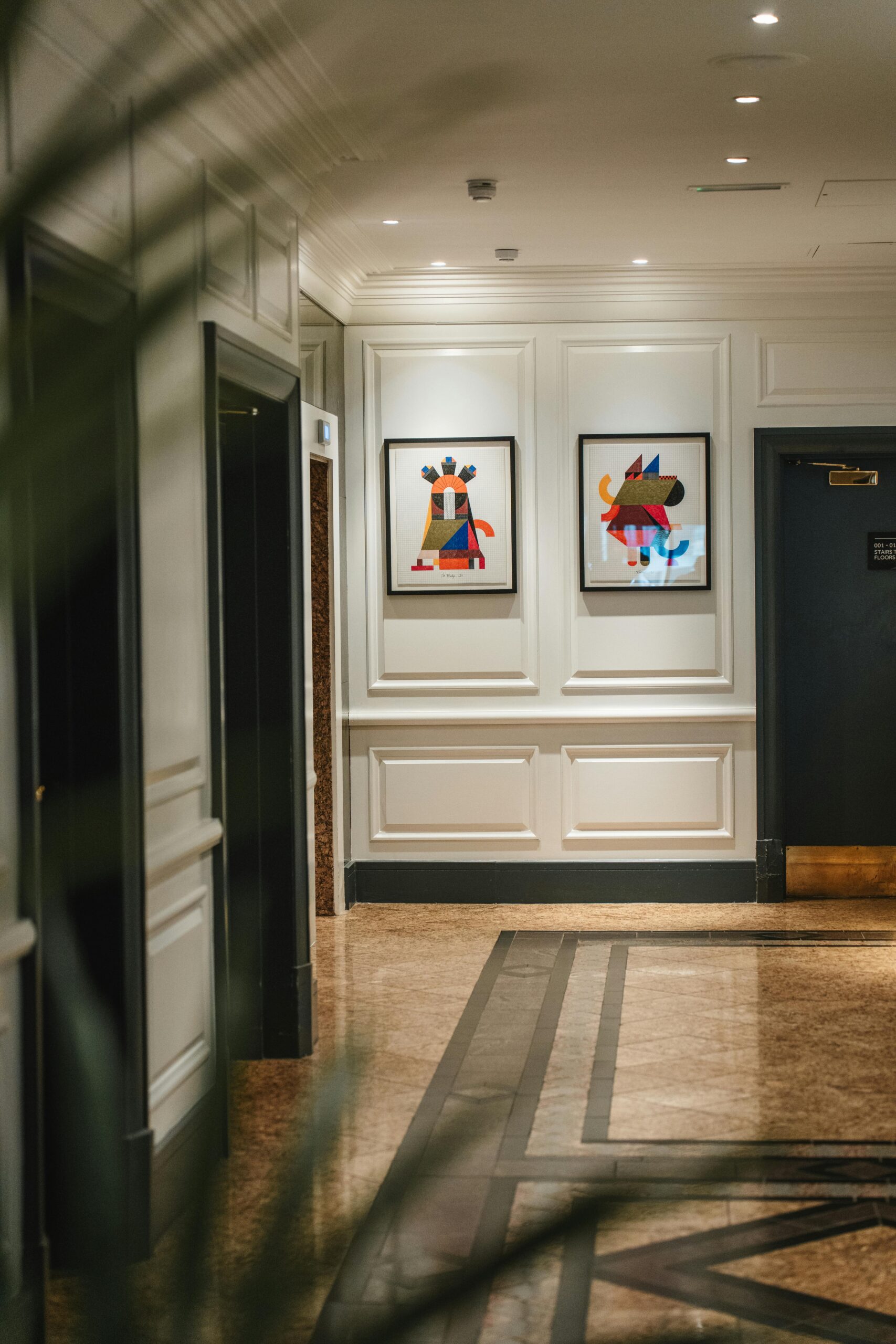
When talking about building safety, the first things that come to mind are fire alarms, emergency exits and security systems. Meanwhile, the one tool that